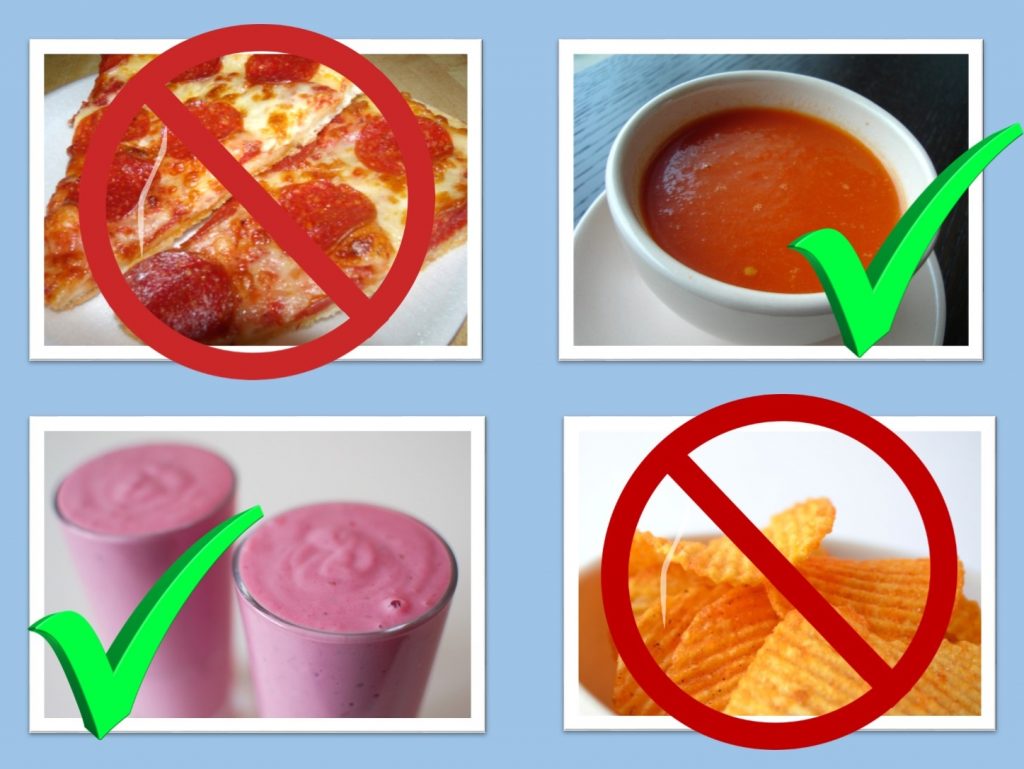When Can I Eat Normally After Wisdom Tooth Extraction?Wisdom tooth extraction is a common dental procedure, often necessary due to impaction, overcrowding, or infection. While the procedure itself is relatively straightforward, the recovery period can be uncomfortable and requires careful attention to diet. One of the most frequently asked questions by patients is, “When can I eat normally after wisdom tooth extraction?” This article will provide a comprehensive overview of the recovery process, dietary recommendations, and tips for a smooth transition back to a normal diet.
Understanding Wisdom Tooth Extraction
What Are Wisdom Teeth?
Wisdom teeth, also known as third molars, typically emerge in late adolescence or early adulthood, usually between the ages of 17 and 25. These teeth can cause various dental issues, including:
- Impaction: When there is not enough space in the mouth for the wisdom teeth to emerge properly, leading to pain and infection.
- Crowding: Wisdom teeth can push against adjacent teeth, causing misalignment.
- Decay or Infection: Partially erupted wisdom teeth can trap food and bacteria, leading to decay or gum disease.
The Extraction Procedure
The extraction of wisdom teeth can be performed under local anesthesia, sedation, or general anesthesia, depending on the complexity of the case. The procedure typically involves:
- Anesthesia Administration: Ensuring the patient is comfortable and pain-free.
- Incision: If the tooth is impacted, the dentist may need to make an incision in the gum.
- Tooth Removal: The tooth is carefully removed, and any necessary stitches are placed.
- Post-Operative Care: Gauze is placed over the extraction site to control bleeding.
Recovery Timeline After Wisdom Tooth Extraction
Immediate Post-Operative Period (First 24 Hours)
During the first 24 hours after surgery, patients should focus on rest and managing discomfort. Here are some key points regarding diet and care:
- Avoid Eating: For the first two hours, do not eat anything to allow the anesthesia to wear off and avoid biting the inside of your mouth.
- Soft Foods Only: After the initial period, consume only soft foods and liquids. Recommended options include:
- Yogurt
- Applesauce
- Smoothies
- Mashed potatoes
- Ice cream
- Broths and soups (lukewarm)
Days 2 to 3
As the recovery progresses, patients can gradually introduce more semi-soft foods into their diet. The following foods are typically safe to consume:
- Scrambled eggs
- Oatmeal
- Soft pasta
- Mashed bananas
- Soft-cooked vegetables
Days 4 to 7
By the fourth day, many patients can begin to incorporate more solid foods as long as they do not cause discomfort. Foods to consider include:
- Soft fruits (without seeds)
- Cooked chicken or fish
- Soft bread (without crust)
- Cottage cheese
After One Week
Most patients can return to a normal diet within a week, but it is essential to listen to your body. If chewing causes pain, revert to softer options. Foods to avoid during this period include:
- Hard or crunchy foods (nuts, chips, popcorn)
- Spicy foods
- Acidic foods (citrus fruits, tomato sauce)
- Alcohol and carbonated beverages
Foods to Avoid After Wisdom Tooth Extraction
Certain foods can hinder the healing process and should be avoided for at least a week after the extraction. These include:
- Hard Foods: Nuts, chips, and crusty bread can irritate the extraction site.
- Crunchy Foods: Foods that crumble easily can get lodged in the socket.
- Sticky Foods: Caramel, taffy, and other sticky substances can pull at the healing gums.
- Spicy Foods: These can cause irritation and discomfort.
- Hot Foods and Beverages: Hot temperatures can increase swelling and discomfort.
- Alcohol: It can interfere with healing and interact negatively with pain medications.
Tips for a Smooth Recovery
- Stay Hydrated: Drink plenty of water to stay hydrated and help flush out any bacteria.
- Use Ice Packs: Apply ice packs to the outside of your cheeks to reduce swelling during the first 48 hours.
- Follow Your Dentist’s Instructions: Adhere to any specific dietary and care instructions provided by your dentist or oral surgeon.
- Avoid Straws: Sucking through a straw can dislodge the blood clot and lead to a painful condition known as dry socket.
- Practice Good Oral Hygiene: Gently rinse your mouth with warm salt water after 24 hours to keep the extraction site clean.
Table: Dietary Recommendations After Wisdom Tooth Extraction
| Time Frame | Foods to Eat | Foods to Avoid |
|---|---|---|
| First 24 Hours | Yogurt, applesauce, smoothies, ice cream, broths | Hard foods, crunchy foods, spicy foods |
| Days 2 to 3 | Scrambled eggs, oatmeal, soft pasta, mashed bananas | Sticky foods, hot foods, alcohol |
| Days 4 to 7 | Soft fruits, cooked chicken, cottage cheese | Nuts, chips, crusty bread, acidic foods |
| After One Week | Normal diet as tolerated | Hard, crunchy, and spicy foods |
FAQ Section
Q1: How long should I wait to eat after wisdom tooth extraction?
A1: You should wait at least two hours after the procedure before eating anything. After that, start with soft foods.
Q2: When can I eat solid foods again?
A2: Most patients can return to a normal diet within a week, but it depends on your healing process. If you experience pain while chewing, stick to softer foods.
Q3: Can I drink alcohol after wisdom tooth extraction?
A3: It is advisable to avoid alcohol for at least 48 hours after the procedure, as it can interfere with healing and pain medications.
Q4: What should I do if I experience pain while eating?
A4: If you experience pain while eating, revert to softer foods and consult your dentist if the pain persists.
Q5: How can I prevent dry socket after wisdom tooth extraction?
A5: To prevent dry socket, avoid using straws, do not smoke, and follow your dentist’s post-operative care instructions closely.
Q6: Is it normal to have swelling after wisdom tooth extraction?
A6: Yes, some swelling is normal after the procedure. Applying ice packs can help reduce swelling during the first 48 hours.
Conclusion
Recovering from wisdom tooth extraction requires careful attention to diet and self-care. By following the recommended dietary guidelines and being mindful of what to avoid, patients can promote healing and minimize discomfort. While most individuals can return to their normal eating habits within a week, it is essential to listen to your body and adjust as needed. If you have any concerns during your recovery, do not hesitate to reach out to your dentist or oral surgeon for guidance.For more information on dental health and recovery, you can visit the National Institutes of Health.



